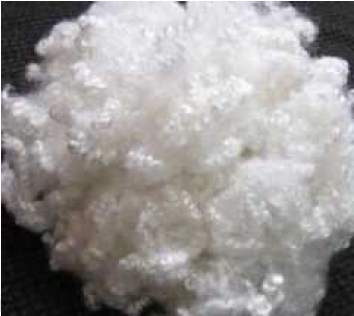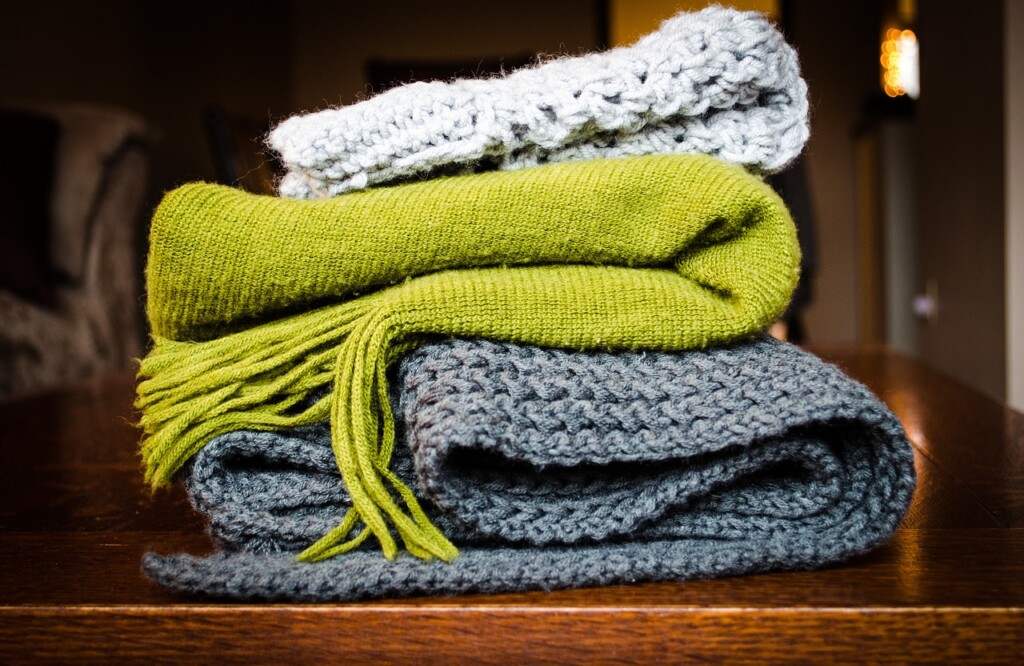The imminent expiration of the antidumping measures affecting Chinese imports of products such as aluminum sheets in rolls and non-stainless steel sheets has raised concerns among European producers. The European Commission has responded by opening an investigation to determine whether the normal value of production and sales costs of a representative country is indeed affected by the export price from China.
The reconsideration request was submitted to the Commission by the main producers of the European Union, representing over 40% of the total production of the member countries. The reasons cited by European producers for requesting an extension of the antidumping measures refer to the harm that their removal would cause to the European Union industry. To justify their request, the applicants provided a market study analyzing Chinese state intervention in the sector and other strategic documents showing a distortion of the prices of the original product in the Asian country.
Negotiations for the removal of antidumping barriers and China’s formal entry into the WTO seem to have borne no fruit. European producers in the steel sector have managed to have the expiring antidumping measures reconsidered for extension.
The products for which reconsideration was requested were laminated aluminum sheets and certain organically coated steel products (flat-rolled alloy and non-alloy steel, painted, varnished, or coated with plastic on at least one side) originating from China. The request excludes sandwich panels used in construction consisting of two outer metal sheets with an insulating material core, products with a final coating of zinc powder, and products with a metallic coating of chrome or tin.
After analyzing the available information, the European Commission deemed it justified to open an investigation. After selecting a sample of producers from the European Union, the normal value of undistorted production and sales costs was compared with the export price from China. The conclusion was that the dumping margins are significant, so it is reasonable to continue applying the antidumping measures.
The response of Chinese producers
China has expressed dissatisfaction with the European Commission’s decision to impose antidumping measures, as this will require the Asian country to pay antidumping duties ranging from 17.2% to 27.9% over the next five years.
Among the arguments against the antidumping measures, China alleges that the European Union uses data from Brazil to calculate costs, artificially inflating dumping margins. On the other hand, they emphasized that the European Union is obligated to comply with the World Trade Organization (WTO) protocol, according to which China should already be a full member of the WTO, with the consideration of a market economy.
The truth is that the Asian country has been negotiating the removal of these economic barriers for months. After joining the WTO, China complied with the rights and obligations under the General Agreement on Tariffs and Trade. However, it did not achieve the removal of antidumping measures, as it had a non-market economy status.
If in early 2017 we thought that WTO countries would adapt their legislation to grant China its new status, it seems that for now, it’s not going to be a reality. Currently, the European Union has already implemented 53 antidumping measures to protect its steel industry. Of these, 27 have been imposed on products from China.
Antidumping measures are mandatory, so Bull Importer guarantees the legal, transparent, and secure importation of all goods from third countries. If you would like further information on this or any other import-related regulations, feel free to consult with us.




